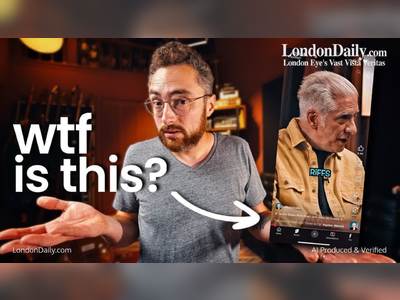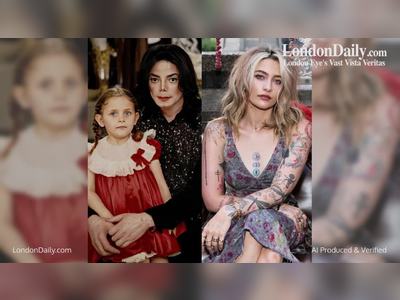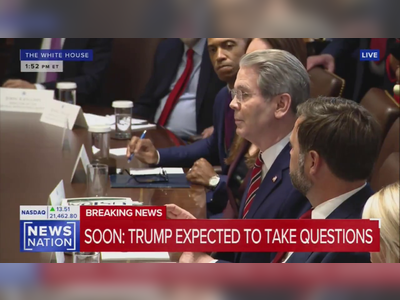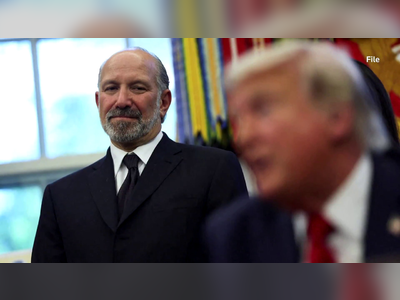This Reality Show Matches Only Virgins – So Why Does It Still Look Like 'Hot, Hotter, Hottest'?
The dating reality series Are You My First?, recently launched on Disney+, assembles a group of virgins in their twenties who, by choice or circumstance, have preserved their virginity into adulthood. The participants, portrayed as both embarrassed and proud, are brought together to discuss their situation and, ultimately, to find the first person who will change it.
Despite its unusual premise, the show closely resembles its counterparts in the genre: minimal clothing, beachside encounters, flirtatious glances, alcohol-fueled interactions, and challenges with a sexual undertone. The intent may be to explore themes of chastity and restraint, but visually and structurally the format echoes familiar productions such as Too Hot to Handle.
The project began with the concept of spotlighting a social taboo—virginity—and building a dramatic reality format around it. The idea fits within a broader trend in streaming platforms: searching for increasingly unusual angles to reproduce the established formula of dating reality television. The show follows in the footsteps of numerous formats that recycle the same elements of tropical villas, staged dates, and dramatic camera close-ups.
Early promotional material emphasizes the tension between the theme of abstinence and the visual language of contemporary reality television. Even while discussing the intimate subject of virginity, the participants are depicted in the same stylized settings that dominate the genre, from poolside lounges to orchestrated group challenges.
Industry observers note that this reliance on formula is not unique to Disney+. Streaming platforms have consistently repackaged themes of relationships and sexuality into similar frameworks. The question raised by Are You My First? is whether audiences require the familiar combination of attractive participants, minimal attire, and beachside locations in order to accept new narratives.
Alternatively, some suggest the program may provide a platform for virgins to speak openly about their experiences and the diverse reasons behind them, helping to normalize what has often been regarded as a social stigma. By allowing participants to articulate their perspectives, the show presents virginity not as an anomaly but as part of the spectrum of human experience.
Whether seen as another iteration of a familiar format or as a space for underrepresented voices, Are You My First? situates itself at the intersection of entertainment, taboo, and the enduring appeal of reality television formulas.









